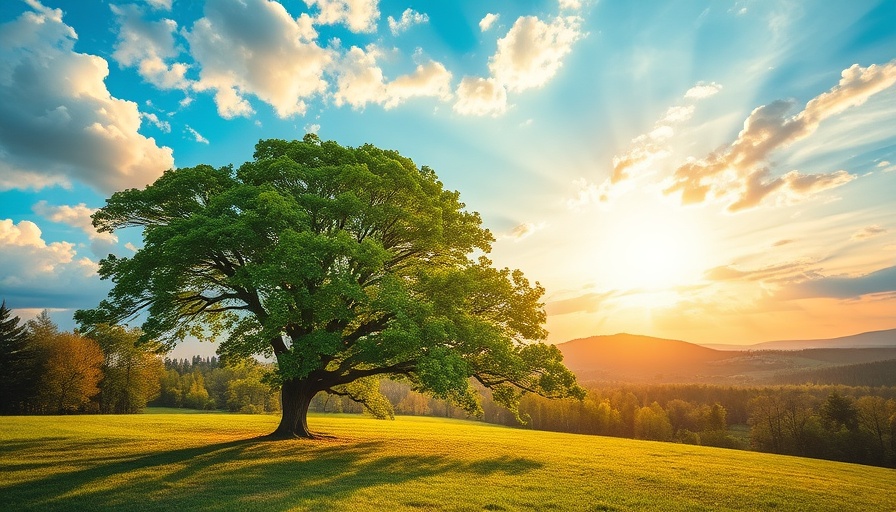
Empowering Indigenous Communities: A Sustainable Model
Hannah Peck's innovative approach with Cool Earth emphasizes the vital role Indigenous communities play in preserving the planet's rainforests. With a decade of experience in regions like Peru and Papua New Guinea, she champions a method that moves away from traditional carbon offsets, which often mask ongoing pollution. Instead, Cool Earth is pioneering a model that invests directly in the people and ecosystems most at risk.
Basic Income and Its Impact on Rainforest Conservation
In 2023, Cool Earth launched a groundbreaking basic income pilot in the Amazon rainforest, providing approximately $5 million annually to Indigenous communities. Every adult receives a regular income designed to alleviate economic pressures that historically lead to deforestation, such as illegal logging or mining. With basic needs met, community members can focus on sustainable practices and protecting their natural surroundings. This initiative not only aims to enhance their quality of life but also promotes long-term ecological health and biodiversity within the rainforests they inhabit.
Shifting the Narrative on Carbon Offsets
Many discussions around climate change focus on carbon offset programs, yet these often provide a misleading sense of security without addressing the root causes of emissions. Cool Earth critiques this model, advocating for solutions that are not merely band-aids. By empowering Indigenous peoples, the organization offers a refreshing perspective on reducing carbon footprints. Their initiative helps redirect funds where they are truly needed, highlighting the deep connections between economic stability and environmental wellbeing.
Social and Cultural Relevance
Peck's work brings to light the often-overlooked social dimensions of climate action. Indigenous groups have been the stewards of their lands for generations, holding wisdom about sustainable practices that modern solutions often disregard. By investing in their knowledge and practices, Cool Earth not only supports environmental sustainability but also respects and honors the cultures that are intrinsically tied to the habitats they protect. Emphasizing this point makes it clear that a collaborative approach is essential for real change.
Practical Sustainable Living Tips
As individuals looking to support similar initiatives, here are some practical tips for adopting a more sustainable lifestyle: 1. **Composting**: Start by composting kitchen scraps to reduce waste and enrich your garden soil. 2. **Zero Waste Goals**: Aim to reduce single-use plastics by carrying reusable bags and containers. 3. **Plant a Garden**: Even small urban gardens can contribute to local biodiversity and reduce carbon footprints significantly. 4. **Educate Yourself**: Stay informed about local recycling programs and hazardous waste disposal options, empowering your community to act responsibly. 5. **Support Organizations**: Contribute or volunteer with nonprofits focused on environmental conservation such as Cool Earth.
Future Predictions and Opportunities
The success of Cool Earth's program could signify a shift in the global approach towards climate change. As more organizations recognize the value of investing in local communities, we may see a broader adoption of similar income models worldwide. These initiatives could eventually lead to more robust frameworks for climate action that prioritize people and the planet equally.
Conclusion: The Path Forward Together
As we reflect on the critical work being done by organizations like Cool Earth, it becomes evident that collaborative efforts grounded in respect for Indigenous knowledge can pave the way for meaningful progress in the fight against climate change. By understanding the intersections of economy, culture, and sustainability, we unlock the potential for a greener future.
To learn more about Cool Earth’s transformative work and how you can support their mission, visit their website at coolearth.org. Every action counts in creating a sustainable world.
 Add Row
Add Row  Add
Add 




 Add Row
Add Row  Add
Add 

Write A Comment